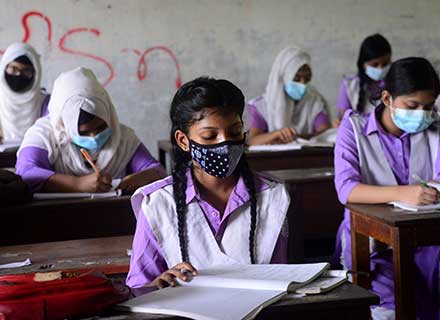In order to ease an electricity shortage, Bangladesh will cut back on office hours and close schools for an additional day each week, a government official said on August 22. The South Asian country began daily, two-hour power outages last month.
Following a more than 50% increase in gasoline prices by the government, protesters have recently taken to the streets. The cost of importing fuel has increased, and Bangladesh’s economy and foreign exchange reserves have suffered as a result of the conflict in Ukraine.
According to Khandker Anwarul Islam, the cabinet secretary for Bangladesh, schools – which were previously only closed on Fridays- would now also be shut on Saturdays. Schools in Bangladesh are typically open six days a week: Monday, Tuesday, Wednesday, Thursday, Saturday, and Sunday.
Banks and government buildings will now only be open for seven hours per day as opposed to eight. Private offices, however, will be able to choose their own business hours, according to Islam. He continued by saying that the government would keep supplying power to villages including in the early hours of the morning when crops are irrigated.
Many areas of Bangladesh have been known to experience daily power outages lasting longer than two hours. The majority of the nation’s electricity is produced by natural gas.
Due to the escalating expense of fuel imports, authorities have shut down all of Bangladesh’s diesel-powered power facilities, which produce around 6% of the nation’s electricity. Earlier this month, the price of gasoline was increased by more than 50%, going from 86 taka (90 US cents, 76p) to 130 taka per litre. Diesel and kerosene prices increased by over 40% at the same time.
Image Credit: Wikimedia Commons

